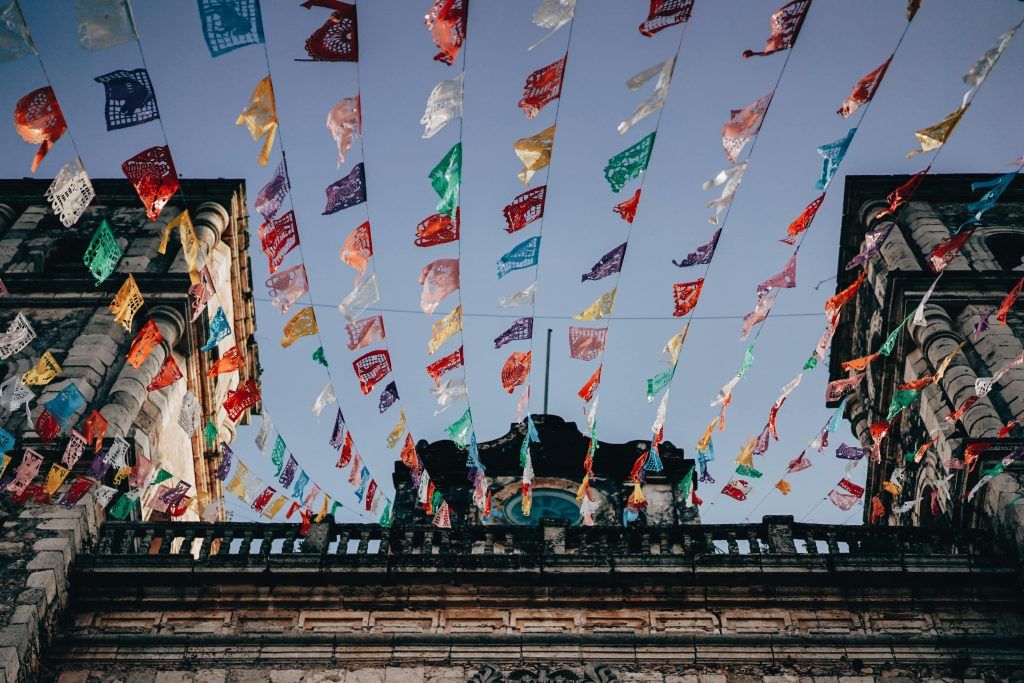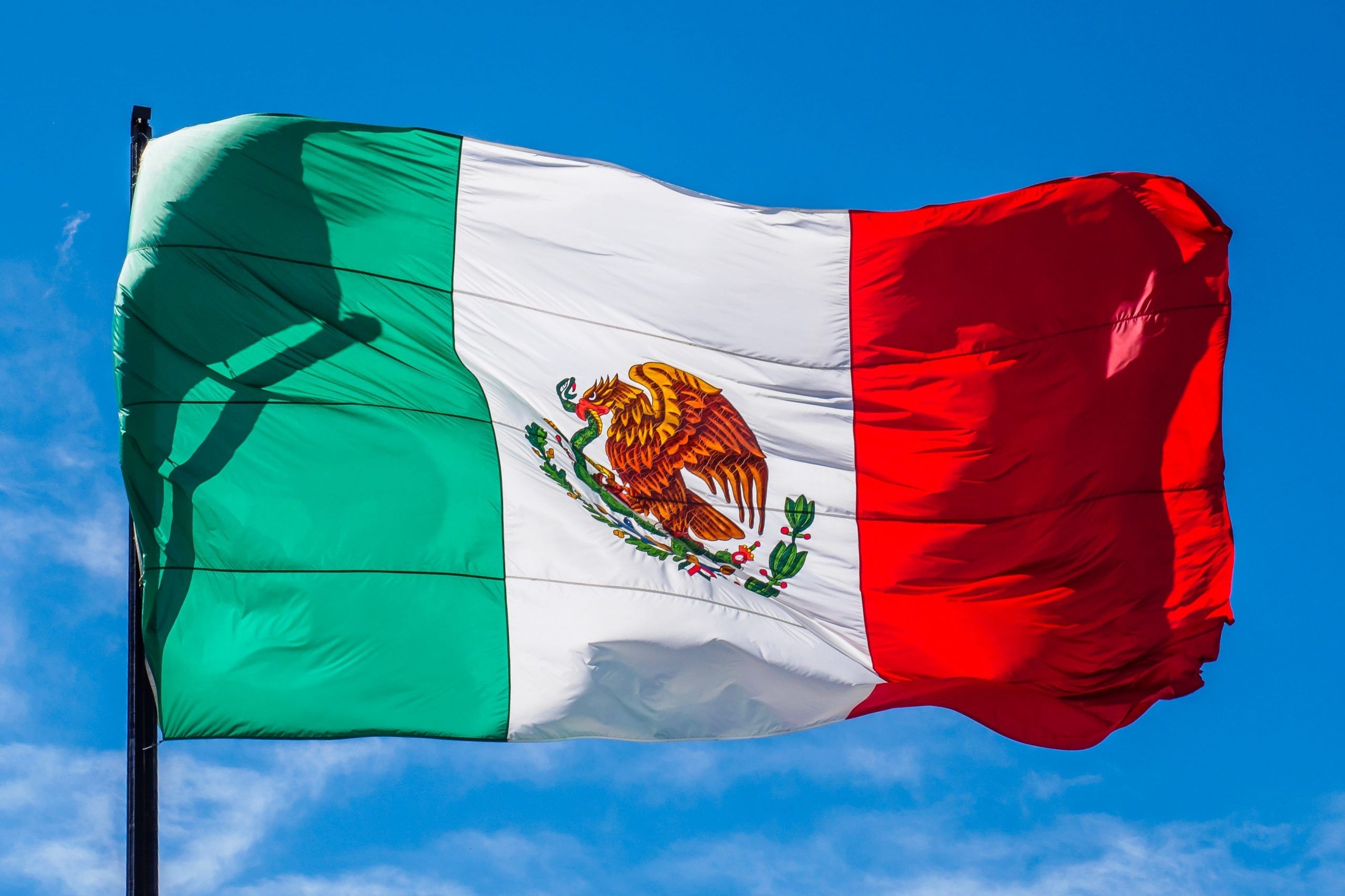Travelling to Mexico can be a refreshing and enriching experience for all those who enjoy warm weather and beautiful landscapes. The country is an abundance of ancient ruins with a magnificent history, the most enchanting beaches, cosmopolitan cities, and delicious food. Not only is it an affordable international trip, but it is also a fulfilling adventure, complete with thrilling activities, wonderful sightseeing and much more. For tourists, an important step to take care of is the language barrier. Mexico has a 500-year history of the Spanish language whose development is closely linked to the indigenous languages that existed before it. Hence, before travelling, it is advisable to learn the common Mexican slang words and accustom yourself to them.
If you are a student who has been learning Spanish for some time now, the next step you can take to speak the language as fluently as a local is to learn the slangs mexicanos. Whether you are a student, a migrant or a tourist, our guide to the 37 most popular new Mexico slang words will help you gel with the local culture.
Mexican Slang Words Every Student Must Know
- Qué padre
Although the literal translation means ‘how father’, the phrase is generally used to mean ‘awesome’ or ‘cool’. - Paro
‘Paro‘ is a word used to refer to a favour in Mexico. The phrase ‘hazme el paro‘ means ‘do me a favour’. - Me vale madre
It is used to say ‘I don’t care’. Although it is used in everyday conversations quite often, it is to be noted that it might be considered offensive in some formal settings. - Bronca
Translated as ‘problem’, the phrase ‘bronca’ is used in expressions like ‘no hay bronca’, meaning ‘no worries’ or ‘no problem’, and ‘tengo broncotas’ meaning ‘I’m in big trouble’. - Poca madre
It is used to describe something that is very cool. Again, it might be considered one of the slightly inappropriate Mexican slang words in formal situations and is mostly used by young people. - Chale
The phrase ‘chale’ is generally used to convey your annoyance with the next person. It is the Spanish equivalent of ‘give me a break’. - Fresa
This word is an adjective used to describe, basically, a wealthy brat. Someone who hails from a rich family, is materialistic and a narcissist is called a ‘fresa’. It could roughly refer to someone who is stuck up. - Ándale
Grammatically, it is the shortened version of the word ‘andar’, which means ‘to walk’, with the added suffix ‘-le’. It is normally used to tell someone to hurry up. - Gacho
The literal meaning is ‘slouch’. However, it is used to call something or someone ugly or mean. - Suave
Translates to ‘soft’, but it is another one of the Mexican slang words used to say ‘cool’. - Aguas
The word’s literal translation is ‘waters’, and is thought to have evolved from people throwing water on the sidewalks in front of their homes to clean them. It is used to mean ‘look out’ or ‘be careful’. - En el bote
When someone says ‘en el bote’, it means the referred person is in jail, or essentially in a jam. - Estar crudo
One of the must-know Mexican slang words for all tourists, ‘estar crudo’ is used to signify that you are hungover from too much drinking. - Mande
In literal translation, it means ‘what’. But ‘mande’ is used to answer when someone addresses you or calls you by your name. - La tira
This phrase is used to mean ‘the cops’. - A huevo
One of the most popular Mexican swear words, it is an informal way of expressing your excitement or approval. One can consider that it is the Spanish equivalent of ‘F*** yeah!’. - Chido
Another one of the many Mexican slang words that are used to say ‘cool’. - Güey
In the past, it was considered one of the Mexican swear words. However, these days it is used as a very general term, with a meaning similar to ‘dude’ or ‘buddy’ in English. - No manches
This phrase is the censored kid-friendly version of expressing your disgust or surprise. The same way as one would say ‘no way’ or ‘damn’ in English. - Que onda?
Particularly helpful for tourists, ‘que onda’ means ‘what’s up?’. - Pachanga
‘Pachanga’ refers to a get-together party or a simile gathering between friends and family. - Un chorro
Note the double r pronunciation of the word. It means ‘a lot’ or is used to signify something that is in abundance. - Un choro
Here, there is no double r pronunciation. The phrase means an excuse or a lie that one would make up to get out of things they do not want to do. - Lana, feria, varo
Again, some of the most important Mexican slang words for tourists and migrants alike, ‘lana’, ‘feria’, and ‘varo’ are all informal words for ‘money’. - Chilango
This term is mostly used to refer to anything that is from Mexico City. Calling someone this phrase is usually equivalent to saying that they’re a representative of the culture of the city. - Ese
It is presumed that Mexican gang members used to refer to each other as ‘ese’. However, in the 80s, this evolved into a more general term, meaning ‘dude’ or ‘dawg’ in English. - Pocho/a
This term is used for someone who identifies as a Mexican but has left Mexico or someone who might have forgotten their heritage and Mexican roots. It could either be used just as an observation or as a derogatory adjective to taunt someone for not respecting their native. - Naco
A close English equivalent of ‘naco’ is ‘tacky’ or ‘ill-mannered’. It is used to refer to someone who is poorly educated or does not have public etiquette. - Carnal
The etymology of this slang comes from ‘carne’, the Spanish word for meat. It might be because of the use of the term for someone very close to you, perhaps like a sibling or family member. - Neta?
Oftentimes, it is used to cross-question something, verify a statement or ask for more clarification. It means ‘really’ in colloquial terms. - Ahorita
Although its translation ‘little now’ makes little sense, its actual use is quite different. The phrase is used to say ‘right now’ or ‘at this moment’. - Ni modo
A very popular Mexican expression especially amongst the youth, it is normally used to say ‘whatever’ or ‘it is what it is’. Adding ‘que’ to it, we can use it interchangeably to say that you cannot do something at the given moment or something similar to ‘are you nuts?’ in English. - Sale
This phrase has many different meanings and is normally used in situations where someone suggests something and you wish to agree with them. If translated, its use is similar to English words like, ‘okay’, ‘yeah’, ‘sure’ and ‘let’s do it’. - Codo/a
This slang refers to someone cheap or stingy with money. - Buena onda
Although it translates to ‘good wave’, it is widely used to say ‘good vibes’ or ‘good energy’. - Pendejo
This phrase is something which is noted in almost all dialects of Spanish. In Mexico specifically, it is used to say ‘jerk’ or ‘a stupid and unpleasant person’. - Viva México!
Its literal translation is ‘long live Mexico!’. It’s a unifying phrase which says that the country should prosper, be abundant and grow to happy times for its citizens and tourists alike.

FAQs
Q1. What Mexican slang do the locals use to call each other?
Ans: Locals use ‘cuate’ which is slang for ‘friend’. Other words like ‘compa’, ‘carnal’ and ‘cabrón’ are also used interchangeably.
Q2. What are the most common Mexican phrases?
Ans: Some of the common phrases that you’ll come across are ‘que padre!’, meaning ‘how cool!’ or ‘más padre’ meaning ‘very cool’. It can be used when talking about people, things or situations.
Q3. What is a slang word for someone from Mexico?
Ans: ‘Chilango’ is a Mexican slang demonym for natives and residents of Mexico City.
Q4. How do Mexicans greet each other?
Ans: The common verbal greeting is ‘Buenos dias’ – Good day, ‘Buenas tardes’ – Good afternoon, or ‘Buenas noches’ – Good evening/night, depending on the time of day. A more casual greeting is ‘Hola’ – Hello, ‘Qué tal?’ – What’s up?, or ‘Cómo estás?’ – How are you?.
Q5. How is the word ‘Orale’ used?
Ans: ‘Órale’ is a common interjection in Mexican Spanish slang used as an exclamation expressing approval or encouragement. The term has varying connotations, including an affirmation that something is impressive, an agreement with a statement, similar to ‘okay’, or also to signify distress.
Thank you for reading our compilation of popular Mexican slang words! Let us know in the comment section if you would like to add any more to our list.
If you enjoyed reading our blog, here are some others that you might like –















0 Comments